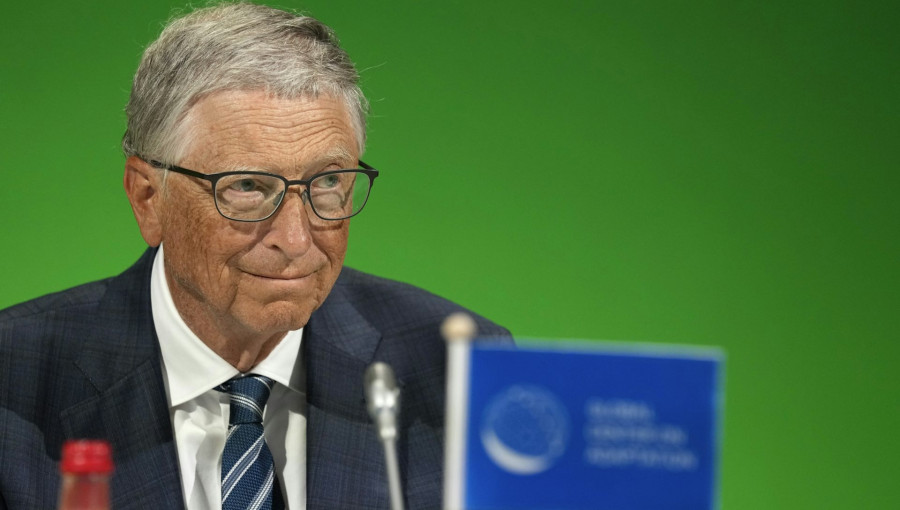The language of the text is English.
A recent memo on climate strategy by philanthropist Bill Gates has ignited a contentious debate, earning praise from climate skeptics while simultaneously frustrating some climate scientists. Gates advocated for a strategic shift, framing climate change as a serious but manageable problem rather than an apocalyptic threat. He argued that technological innovation, spurred by global economic and health improvements, is the most effective path forward. This perspective was quickly misinterpreted by some as a reversal of his position, fueling a polarized reaction that underscores the deep divisions within the climate discourse.
Just ahead of the COP30 talks, Bill Gates released a detailed memo calling for a fundamental rethinking of global climate policy. He proposed that while climate change is a significant issue, it should not be viewed as an inevitable “end of civilization.” Gates also suggested that rigid temperature targets, like the goal of limiting warming to below 2 degrees Celsius set by the 2015 Paris Agreement, are not the most effective benchmarks for progress. Instead, he championed focusing on global health and economic prosperity as the primary drivers for the technological innovation needed to decarbonize the economy.
This framing resonated strongly with climate skeptics, who celebrated the memo as a vindication of their views. Some prominent figures and social media accounts falsely claimed that Gates had admitted climate change was a hoax, seizing on his argument that “worst-case scenarios” are no longer plausible. This reaction aligns with long-standing skeptic rhetoric that portrays climate science as reliant on fear-mongering. The memo was thus co-opted to support the narrative that climate policy is an unnecessary overreaction.
In contrast, the memo was met with concern from parts of the scientific community. Some climate scientists expressed frustration that Gates’ message downplays the severe impacts of the global warming already occurring and projected for the future. There is also apprehension that his strong emphasis on technological solutions, including high-risk innovations like small modular reactors and carbon capture and storage, could divert attention and resources from proven mitigation strategies. The worry is that such a focus on “technofixes” might provide a justification for delaying the phase-out of fossil fuels.
Ultimately, Gates’ memo has not altered the scientific consensus on climate change, but it has highlighted the extreme sensitivity of the political discourse surrounding it. The incident demonstrates how a nuanced message can be weaponized by different factions to support their pre-existing agendas. While skeptics have added misleading interpretations of the memo to their arsenal of doubt, climate scientists are left to navigate the challenge of communicating complex risks in an environment that often resists complexity and nuance.

